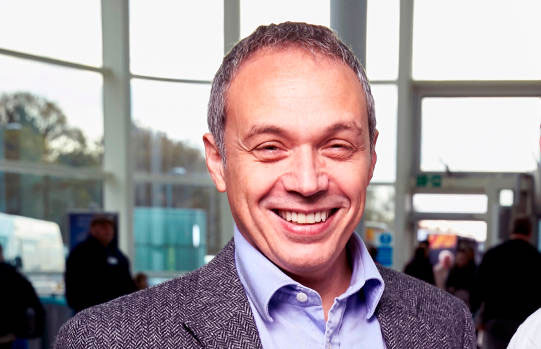Traumatic brain injury (TBI) is commonly associated with falls, road traffic accidents and assaults, and is the leading cause of death and disability in the first four decades of life. For those patients who survive, there are frequently long-term complications, such as chronic pain, epilepsy, and paralysis. The current standard of care centres upon neurosurgical intervention and stabilisation, but despite the obvious unmet clinical need, there are no approved pharmacological treatments available to reduce the impact of TBI and improve the longer-term outcomes.
Whilst it would be difficult for a drug to reduce the actual injury, it is well recognised that inflammation caused by the initial trauma spreads to the surrounding brain tissue resulting in an expansion in the area and volume of brain damage. This ‘secondary’ brain damage has been well-studied using animal models. It begins within hours to days after the initial TBI event and is considered amenable to potential treatment with drugs.
This 3-year study is funded by the Medical Research Council (MRC) and will offer the opportunity to build on the knowledge gained from animal models by examining human brain tissues and cells in vitro. The participants (approximately 150 in total) will be patients undergoing neurosurgery at the Queen Elizabeth Hospital Birmingham (QEHB) consented for the donation of samples arising from routine surgical procedures.

